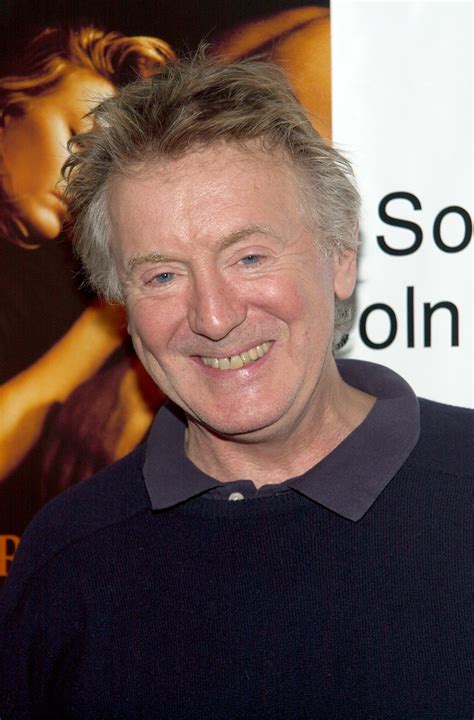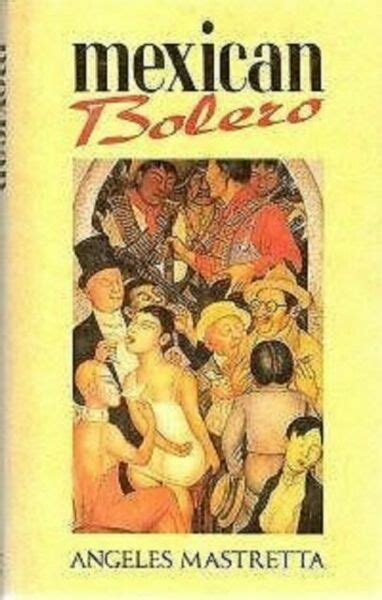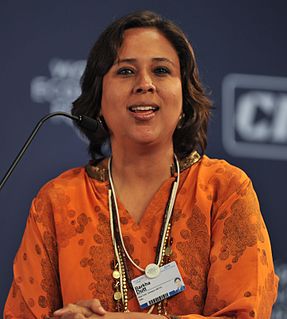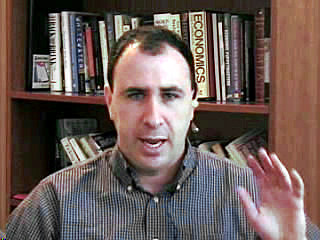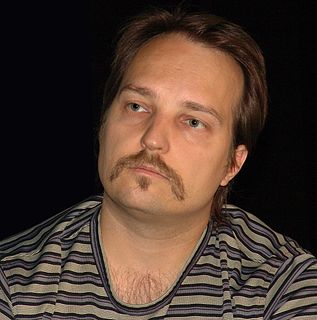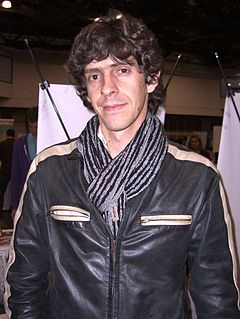Цитата Колсона Уайтхеда
Частью любой книги является установление правил на конец света. Действие моей первой книги «Интуиционист» происходит в альтернативном мире, где важны контролеры лифтов, поэтому вы должны установить правила, и часть этого заключается в том, как люди разговаривают? Как они себя ведут?
Связанные цитаты
Прежде чем я написал «Силу момента сейчас», у меня было видение, что я уже написал книгу и что она влияет на мир. У меня было ощущение, что книга уже как-то существует. Я нарисовал круг на листе бумаги, и там было написано «книга». Затем я написал кое-что о влиянии книги на мир, о том, как она повлияла на мою жизнь и жизнь других людей, и о том, как она была переведена на многие языки, затронув сотни тысяч людей.
Я считаю, что есть важная часть каждого человека, которая определяется с точки зрения его второй половинки: как мы выбираем нашего партнера и как мы ведем себя, когда мы с ним. И это та часть, которая меня интересует. То, как выковывается эта часть личности, меня не просто интересует, меня это восхищает.
Одна из вещей, которую мы узнали в эпоху Обамы, это то, насколько важны нормы, потому что мы видели, как Республиканская партия вела себя против Обамы. Многое из того, что они делали, сводилось к разрушению ранее существовавших норм, которые были не чем иным, как предположениями о том, как люди будут себя вести, не имеющими никакой реальной основы в виде правил или ограничений.
Научный мир, материалистический мир, мир коммерции, мир бизнеса, мир индивидуализма, мир капитализма, мир коммунизма — все эти миры стали теперь старой историей. Там, где мы думаем, что эксплуатируем природу, мы эксплуатируем людей. Правила рынка, правила прибыли, правила денег. Мы работаем ради имени, славы, власти, денег, прибыли. Это старая история.
Большинству людей больнее всего в чтении то, что вы читаете что-то, и вам не с кем этим поделиться. Частично книжный клуб дает людям возможность прочитать книгу, а затем поговорить с кем-то еще. Тогда они видят, что книга может привести к удовольствию от беседы, что уединенный акт чтения действительно может быть частью пути к общению и общности.

